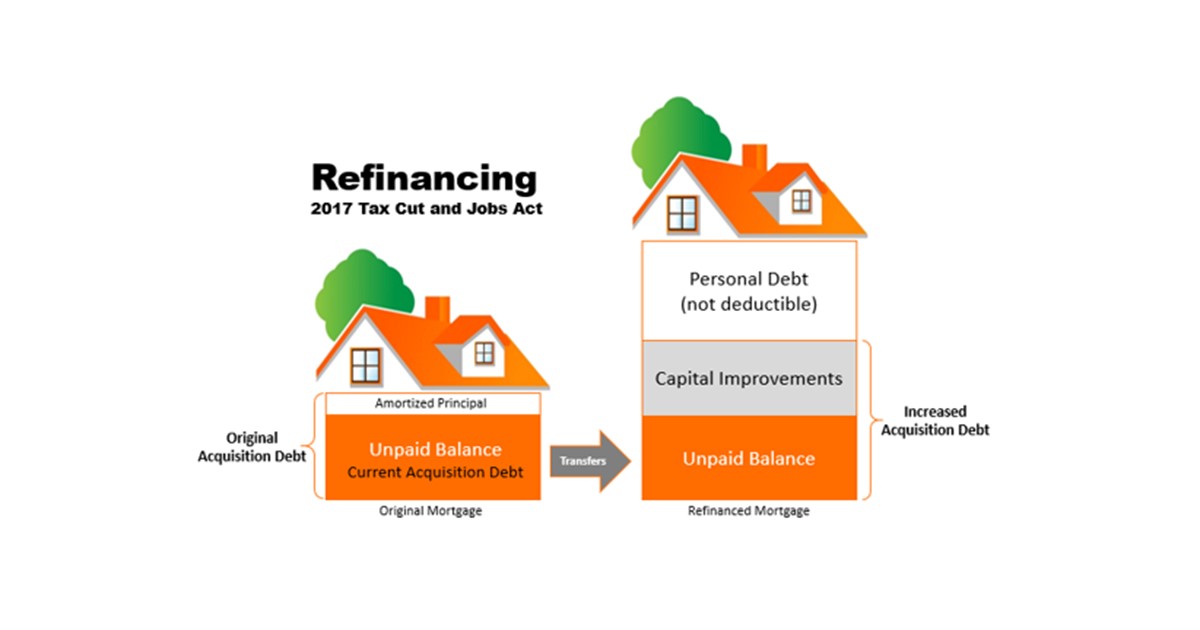An Investment Perspective on a Home

Looking for an investment that will turn $10,000 into $80,000 in seven years? Sound too good to be true? What if I told you that you could live in it every day during that seven years? Would that sound even better?
A $300,000 home purchased today on an FHA loan would have a $10,500 down payment. If it appreciated at 2% annually, which is less than the U.S. average, the future value of the home would be $344,606 in seven years. The unpaid balance on the loan would be $256,350 based on normal amortization which would make the equity in the home $88,256.
The annual compound rate of return on the down payment would be 35%. This number sounds so large, that you might start doubting the credibility of this example.
Looking at some alternative investments, a ten-year Treasury note is currently paying 1.73%. You can earn 2.1% on a ten-year certificate of deposit. If you could handle the volatility of the stock market and pick the right stock, you might earn 7-10%.
There really is no alternative investment that can earn the return that an owner-occupied home can offer while giving you the ability to live and enjoy the home during the holding period.
Even if you could find an investment that paid a good return, when you realize the gain, you'll be required to pay income tax, either at long-term capital gains rates or ordinary income. However, a person who has lived in a home for at least two of the last five years can exclude up to $250,000 of gain from their income if they are single and up to $500,000 of gain if the owners are married, filing jointly.
A home can certainly be a place of your own to feel safe and secure, to raise your family, share with friends and build memories. A home could be considered an emotional investment and one that pays big dividends. A home is also a financial investment not just for the reasons mentioned above but also because the equity can be accessed by doing a cash-out refinance or a home equity line of credit.
See what your investment might look like by using the Rent vs. Own and giving us a call at (859) 647-0700.





